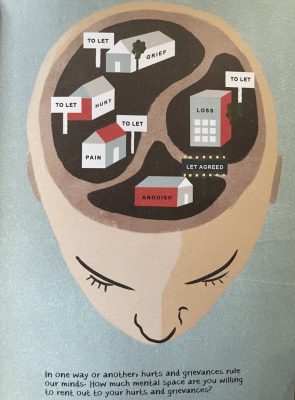“An abiding theme in my work is how to rebuild the ‘connective tissue’ of a culture in the aftermath of violence and atrocity. In this short presentation, I explore some new footage from a forthcoming gallery installation Chambers of the Heart (2024) working with visionary people who dare to develop dialogue in the aftermath of unspeakable loss. What might be born when victims and perpetrators seek to see what can be recovered in each other’s humanity? Can such stories offer a new path through polarisation to help interrupt the slide towards toxic polarisation to alienation or hatred?” Pratāp Rughani
Restorative Narrative
Can the dynamics of restorative justice help inform documentary practice to enhance connection, rather than polarisation in storytelling?

Read the position paper by Pratap Rughani Design for Dialogue: Valuing Doubt in an Age of Conviction published by the social design institute, ual.
“In a time of polarisation haunted by shadows of hatred, liberal platitudes to ‘agree to differ’ is a counsel of ‘tolerance’. But, can we dream more deeply than to simply tolerate each other?’
For further work on restorative narrative developed by Pratap Rughani, see his essay Towards Restorative Narrative, a contribution to the festschrift published by abramis academic publishing, edited by Richard Lance Keeble, to celebrate the late Dr Brian Winston, The Lincoln Professor.
Professor Pratāp Rughani, Documentary Filmmaker, Associate Dean of Research, London College of Communication UAL and Professor in Documentary Practices is currently working on a project on restorative practices and the development of dialogue in the aftermath of conflict, including navigating tensions between ‘free’ speech and hate speech.
For more information email: p.rughani@lcc.arts.co.uk
Professor Rughani discusses communication between polarised communities and his practice.
A Terrible Beauty is Born talk by Pratap Rughani emerges from reflections on the nature of death and the place of forgiveness.
Please write for access to it: p.rughani@lcc.arts.co.uk